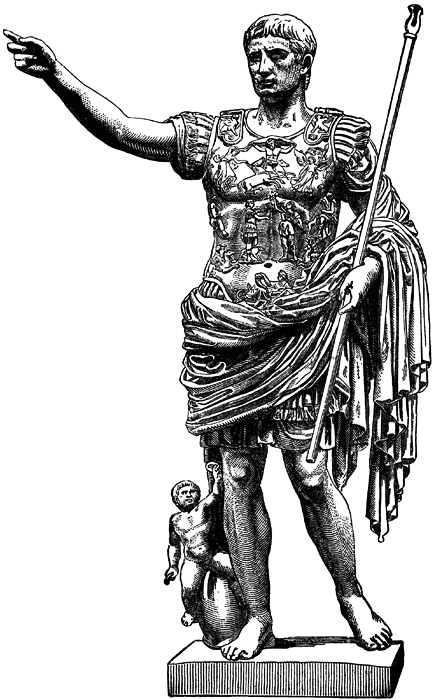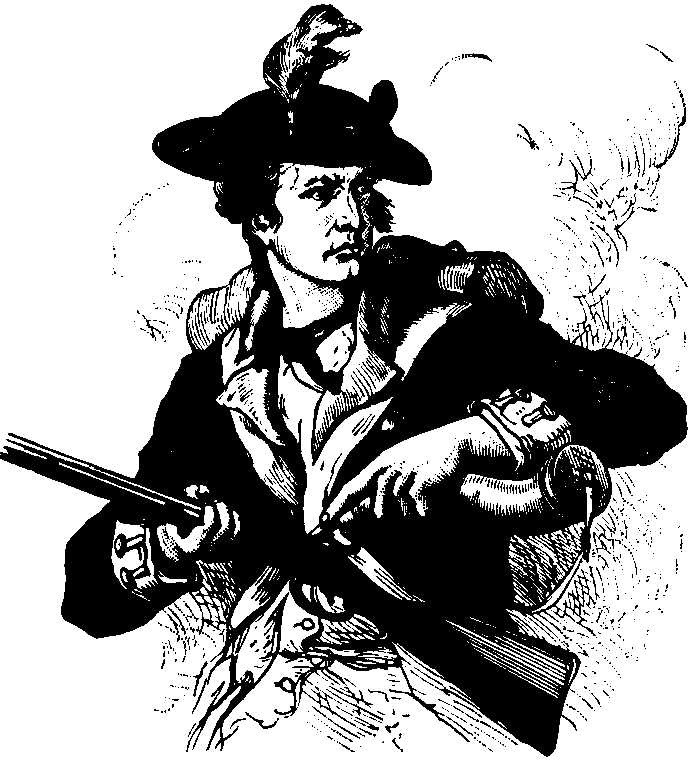History is the oldest liberal arts discipline and retains its value today in forming versatile, well-rounded individuals with the core analytic communication, critical thinking, and research skills that are in demand in today’s rapidly changing world. Education in a liberal arts discipline like history emphasizes the development of research, writing, and analytical skills and communication abilities. Furthermore, it initiates you to a well-established field of knowledge in which you learn to distinguish truth from falsehood and to create new knowledge yourself. These transferable skills give you the capacity to understand complex problems and find innovative solutions to them. Unlike a vocational education, which teaches just one specific trade, graduates of liberal arts programs, like History, are much better equipped to handle changes in the job market or their work environment because they have learned how to learn. A major in History also provides students with excellent preparation for admission to professional schools and the pursuit of careers in any field where research experience, analytical skills and good writing are important.
American History Degree
Beginning with Pre-Columbian cultures and moving to the founding of Jamestown and the struggles for freedom during the American Revolution, to the Civil War and the rise of the United States to a position of world leadership in the twentieth century, courses in the American History degree program explore the evolution of America. Tracing the expansion and growth of the country provides a compelling perspective on how the United States fits into the dynamic global environment.
Ancient History Degree
From Greece to China and from Egypt to Mesoamerica, this degree provides you with a thorough grounding in Ancient Civilizations from around the globe. The interdisciplinary nature of this program introduces you to an exciting variety of cultures that provides you with knowledge to pursue a stimulating selection of careers.
Why Earn a B.A. or M.A. in History?
Apart from intellectual curiosity and gratification, there are some practical reasons to seek the B.A. or M.A. degree:
- Enhanced credentials for doctoral program: These degrees will significantly enhance your qualifications if you plan to pursue a full-time doctoral program; this can be especially useful if you seek to enter graduate school in a field outside your undergraduate major.
- Material benefits: Having these degrees significantly enhances your qualifications and pay in most public and private organizations.
- Test the water: Pursuing a B.A. or M.A. can help you decide whether the academic path is right for you — before you invest a great deal of time and resources in a multiyear doctoral program.
- Transferable skills: The emphasis on research and writing will give you skills that are critical for every career path.
Why Earn a Ph.D. in History?
- Academic opportunities: The Ph.D. is of course a requirement for any permanent academic position in higher education.
- Nonacademic careers: The doctoral degree enhances your qualifications for nonacademic careers (and higher salaries) in public and private organizations, from service in the federal government to the private sector.
- Transferable skills: The emphasis on research, writing and public speaking will give you skills that are critical for every career path.

